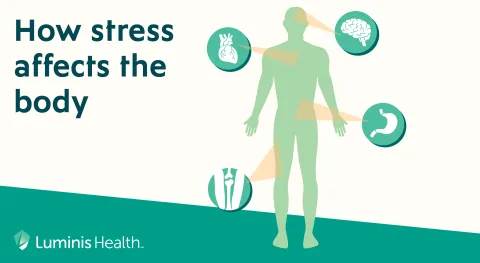
If you’re on a path to improve your mental health, you might have come across information about practicing gratitude. Gratitude… a concept so simple it leaves you wondering, ‘how can adopting a gratitude practice help my mental health?’ For this reason, we looked into the science that proves this is a real thing.
What is gratitude?
Gratitude is an appreciation or recognition of what one has beyond monetary value.
What is practicing gratitude?
Practicing gratitude involves taking a few moments each day to notice and appreciate what you’re thankful for. These don’t need to be big things, but rather the small, often overlooked aspects of daily life; such as mobility, a solid friend group, or a home. Developing an “attitude of gratitude” may sound silly, but its effectiveness and been proven and backed by research.
The researchers behind the 2003 study titled “Counting blessings vs burdens: An experimental investigation of gratitude and subjective well-being in daily life,” from the Journal of Personality and Social Psychology, found that expressing gratitude in daily life positively impacted emotional well-being.
How to maximize the effect?
The most significant effect on your mental health will come from dedicating a few minutes to being mindful of the small, yet positive things in your life, then writing down why you’re grateful for them. Keeping a gratitude journal can effectively provide you with the time to reflect on the little blessings in your life. If a journal isn’t for you, try to adopt a gratitude practice in the shower, where you won’t have many distractions. Reflect on the smallest things you might ordinarily take for granted and consider why you’re grateful for them – like the warmth of hot water on your body or the soap that keeps you clean and healthy by washing away dirt and germs. How does that first sip of coffee in the morning make you feel? Be grateful for the little burst of energy it gives you, as well as the taste and smell of your favorite morning brew.
And if you happen to be grateful for a person, the best way to practice gratitude is by letting them know. A video that demonstrates the effect of gratitude on happiness showed that the largest increase in happiness came from telling someone about the impact that person had on their life.
Practicing gratitude doesn’t solve everything
No, practicing gratitude won’t resolve significant mental health challenges like bipolar disorder, major depression, schizophrenia, and similar conditions. However, that is not its purpose. Gratitude serves as a powerful tool to enhance your overall state of well-being, but it’s not meant to be a solution for every single mental health issue out there.
In summary
Incorporating gratitude into our daily lives doesn’t require grand gestures. Simple practices, such as keeping a gratitude journal, stealing moments throughout the day to or expressing appreciation to others, can pave the way for transformative mental health benefits. As we navigate the complexities of modern life, cultivating gratitude may well be the prescription for a healthier mind and a more fulfilling life.



